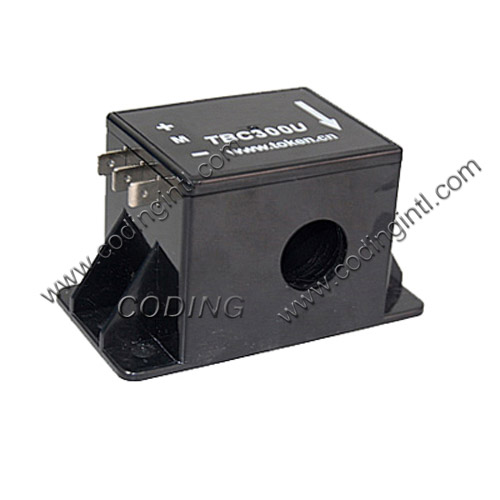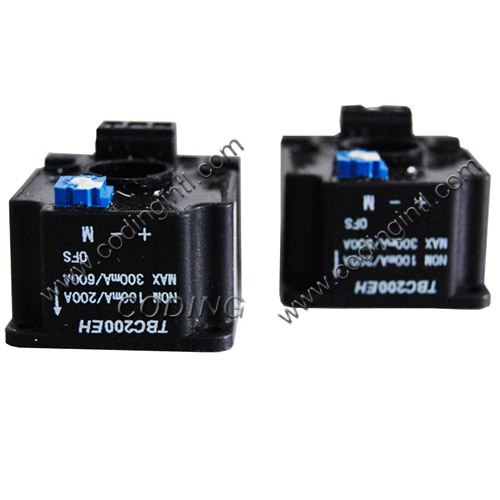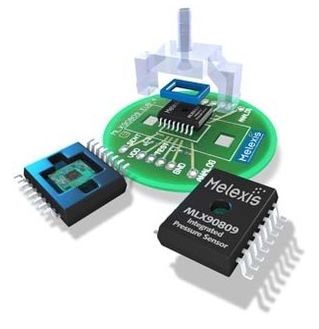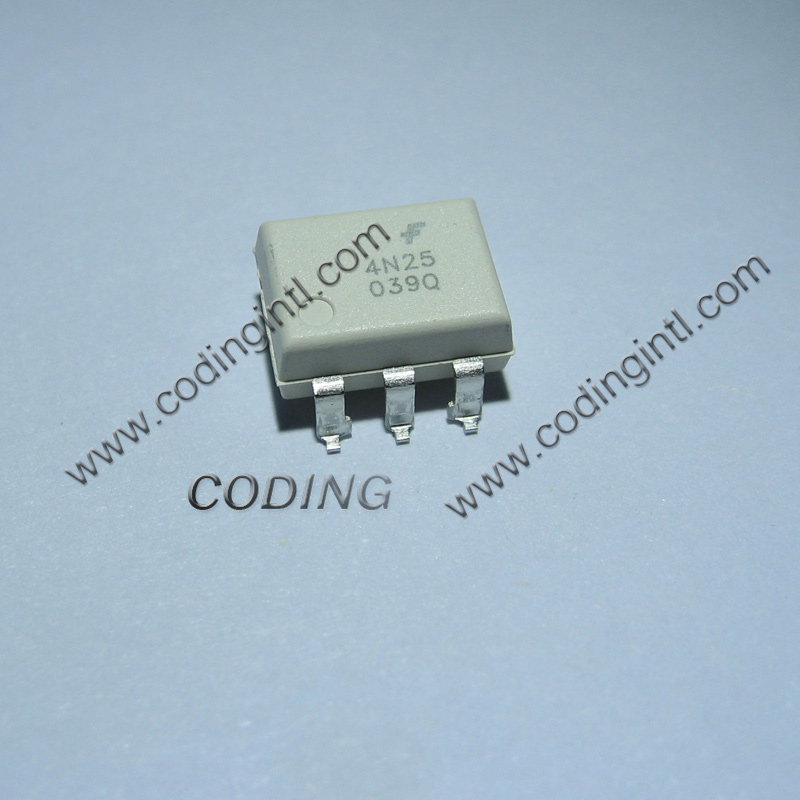Sidewinder’s AC Current Sensors
Pulse Electronics Firm introduces its brand-new Sidewinder AC current sensors. Sidewinder products vary from traditional current sense transformers because they do not need a key. This makes them lighter, easier to assemble, and cheaper. The sensors provide a very linear output existing over a very vast dynamic range from 0.1 to 1000 Amperes (A), making them especially suited for applications such as distributed power technology, renewable energy and safe-keeping, load balancing, energy monitoring, advanced metering commercial infrastructure (AMI), circuit breaker panels, and smart yards.
Pulse’s current sensors have a phase error of <0.05 degree, a 100KHz bandwidth, and a low temperature coefficient. They are based on the Rogowski Coil principle*. Pulse Electronics’ patent-pending accuracy winding technique regulates the parameters which directly influence the output voltage inside current sensors. The segmented winding approach allows for a high number of winding turns every unit length to give a sufficiently large output existing for detection as well as integration.
Sidewinder products fulfill the Class 0.2 percent accuracy limitations defined by the IEC 62053-22 as well as ANSI C12.20 standards for currents from 0.1A to 200A along with above as well as the Class 1 requirement for health to external magnet fields. They are immune to external AC magnetic fields and Electricity magnetic fields. Incorporating a Faraday shield on the winding prevents electrostatic direction from the AC current of the primary conductor as well as acts as an effective buffer against external electrical fields associated with nearby current carrying conductors.
Although standard sensor is actually round, as are standard sensors in the industry, because Pulse’s sensors are not based on the traditional toroid central (round) shape, but on a coil setting, the sensor can be made in several shapes and thicknesses in addition to the traditional spherical shape. The AC current sensors are supplied in trays, but other presentation options are available. They’re priced at $1.90 each and every for 100,000 pieces. Samples and costs are available upon ask for.
This article by blogcoding original compilation, please indicate the source:http://www.codingintl.com/blog/734.html





Post a comment